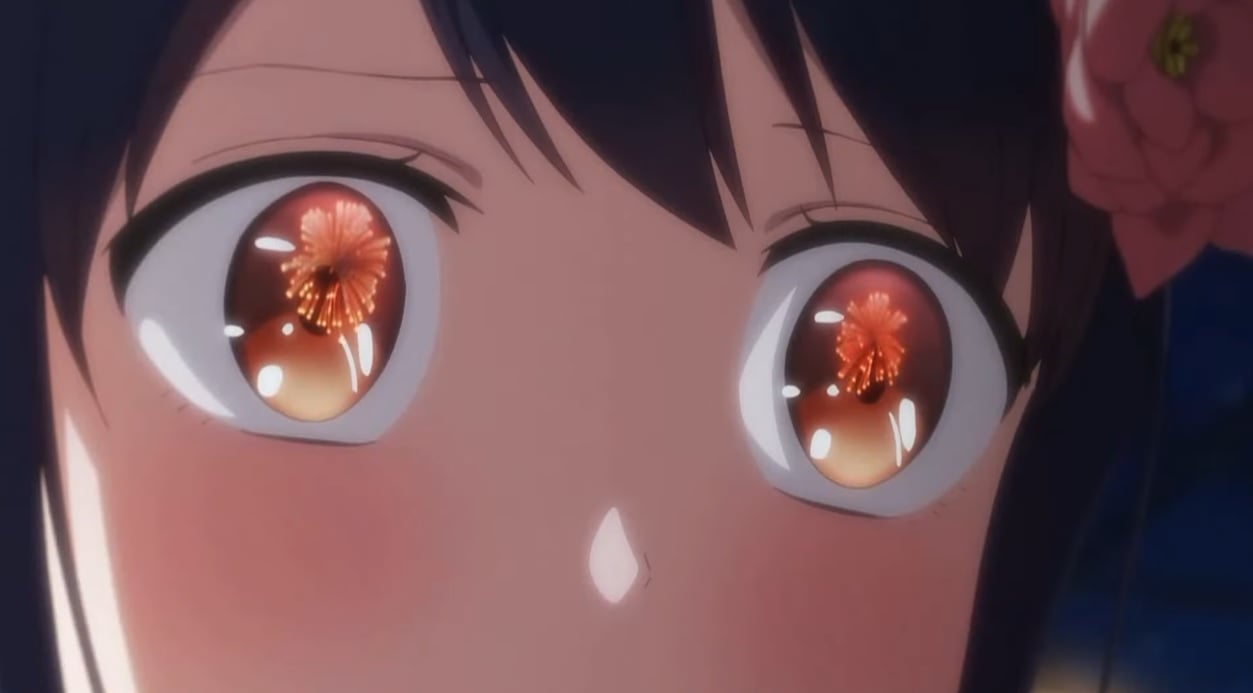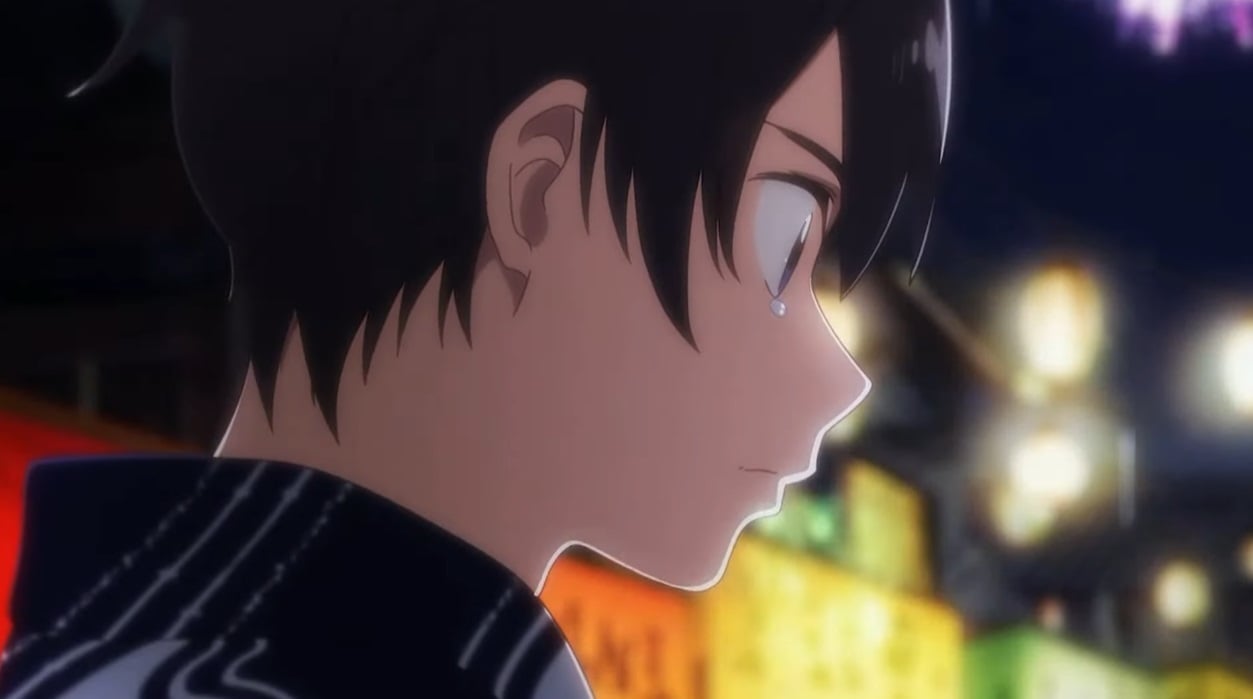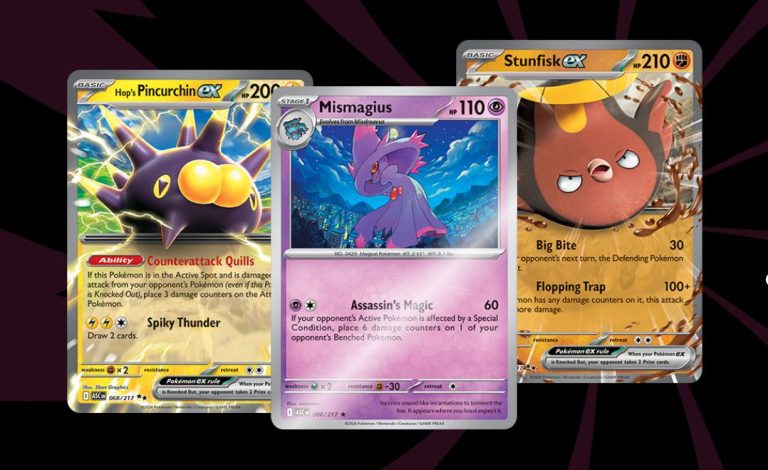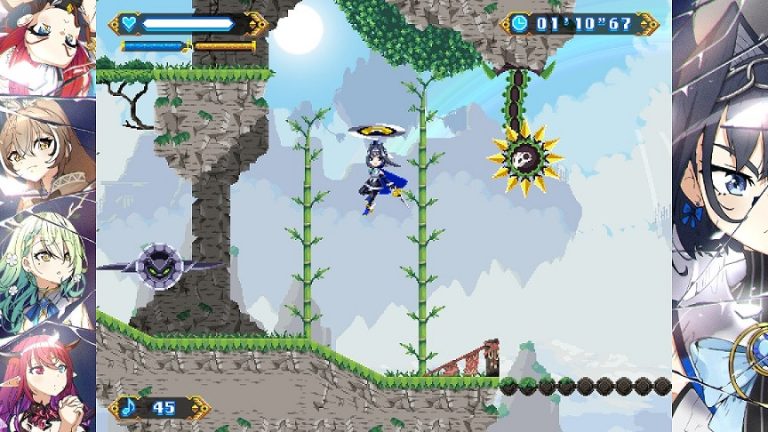Japan’s Content Overseas Distribution Association (CODA), an organization representing major anime, game and manga publishers in Japan’s content industry, announced on October 28 that it has submitted a written request to OpenAI regarding the new video-generating AI model Sora 2. The appeal calls for OpenAI to refrain from training its AI model on content owned by CODA’s member companies without permission.
According to the announcement, the written request was lodged at the demand of CODA’s member companies, which include Aniplex, Bandai Namco, Studio Ghibli, Square Enix, Kadokawa and Shueisha among others. CODA says it has confirmed that a large portion of Sora 2’s outputs closely resemble Japanese content or images (including specific, copyrighted works), which is “the result of using Japanese content as machine learning data.” They warn that the act of copying during the machine learning process itself “may constitute copyright infringement.”

Although Sora 2 has an opt-out system in place for copyright holders, CODA argues that under Japan’s copyright laws, prior permission is in principle required for use of copyrighted works. Furthermore, they state that “there is no system allowing one to avoid liability for infringement through subsequent objections.”
Apart from asking OpenAI to stop using content without permission, CODA urges the company to “respond sincerely to claims and inquiries from CODA member companies regarding copyright infringement related to Sora 2’s outputs.”
Related article: “Why are Disney and Marvel protected, but Japanese IPs aren’t?” OpenAI’s Sora 2 sparks controversy in Japan over infringement concerns






Sucks they want to delay the singularity – video games will get replaced regardless.
Anime is cookie cutter as all hell. Theres only so few deviations. Copyright they say lmao you dont own a medium
Unfortunately, ever since the anime industry monopolized the genre and made it impenetrable for new talents to join, every teen on the planet craved to make their own anime at home, using home video tools. Now they finally have it: a cornucopia of free and paid tools to make their dreams come true, even register their own animation companies with very little savings and no murderous budgets. You can’t blame the slaves for rising against their slave masters, right? “Freebie or Death” is their new slogan, advocating for demonopolization and demonetization of the movie industry!